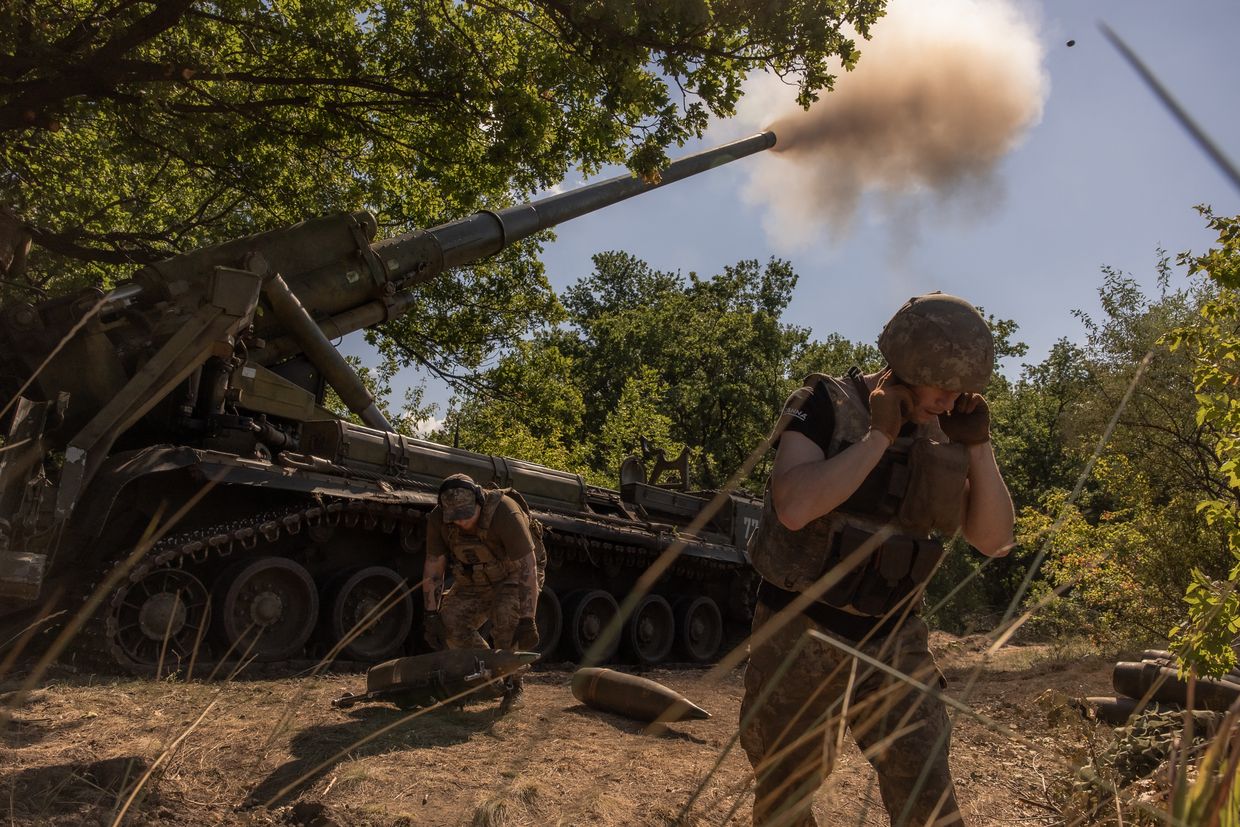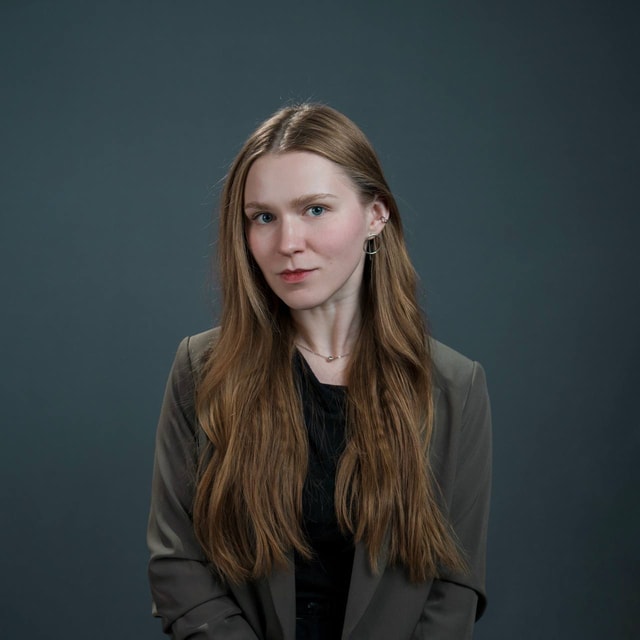Russia has no advance near Pokrovsk over past 2 days, Zelensky claims

The situation in the Pokrovsk sector in Donetsk Oblast is "difficult," but Russian troops have not advanced over the past two days, President Volodymyr Zelensky said on Sept. 2, citing Commander-in-Chief Oleksandr Syrskyi.
The eastern front near Pokrovsk has been the scene of fierce fighting for several months and a focal point of Russia's offensive in Donetsk Oblast. The city is an important logistical hub for Ukrainian forces.
Asked whether it was appropriate to launch the Kursk incursion, Zelensky said that Russia had redeployed a "sufficiently large number" of troops from Zaporizhzhia and Kherson sectors to Kursk Oblast.
As Kyiv's incursion into Kursk Oblast enters its fourth week, Ukraine reportedly controls over 1,290 square kilometers (500 square miles) and 100 settlements, Syrskyi said in late August.
Ukrainian soldiers also have taken over 600 Russian captives, Zelensky said.
The Kyiv Independent could not verify these claims.
"The Kursk operation is fulfilling its tasks and is going according to plan... We believe that the Kursk operation can also affect the (Pokrovsk) direction, where the pressure may be reduced due to a decrease in the number of Russian troops," the president said at a press conference with Dutch Prime Minister Dick Schoof.
According to Zelensky, Russia has long concentrated the most combat-ready Russian brigades in the area, as Moscow's main goal is the complete occupation of Donetsk and Luhansk oblasts.
"But so far we see that it is difficult there... In any case, no matter how difficult it is, there has been no advance in the Pokrovsk sector for two days," he added.
Russian troops accelerated their advance towards Pokrovsk over the past week, the U.K. Defense Ministry reported on Sept. 1.
On Aug. 15, the military administration of Pokrovsk urged residents to evacuate after Russian forces reached about 10 kilometers (6 miles) from the town's outskirts.
Responding to a question from the Kyiv Independent, President Volodymyr Zelensky said on Aug. 27 that the Russian advance on Pokrovsk had slowed in tempo compared to before the Kursk incursion began.












